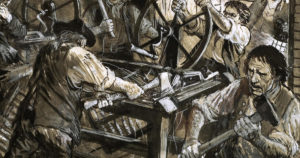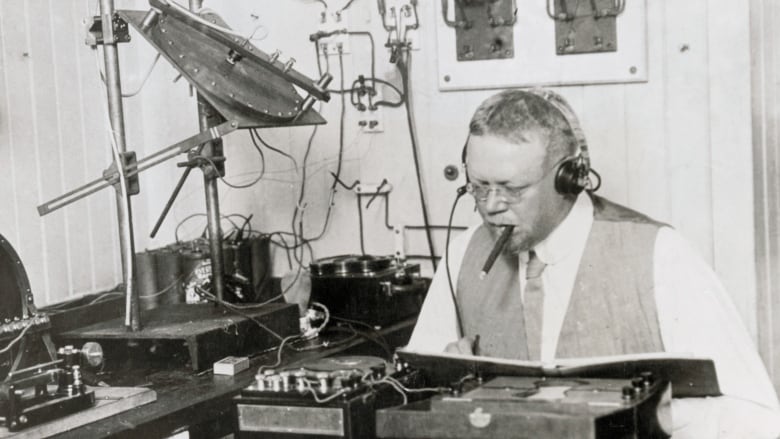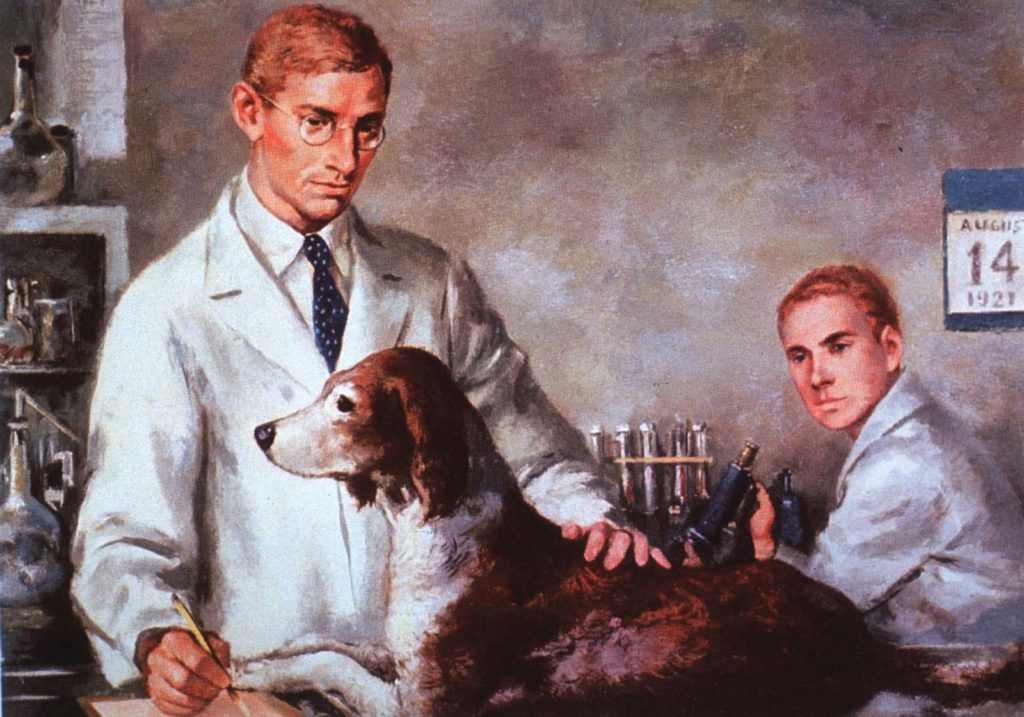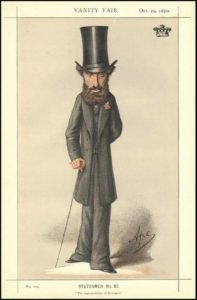
Chamber’s Book of Days, a 19th-century source tells us about these resisters of technology:
March 11th, 1811, is a black-letter day in the annals of Nottinghamshire. It witnessed the commencement of a series of riots which, extending over a period of five years, have, perhaps, no parallel in the history of a civilized country for the skill and secrecy with which they were managed, and the amount of wanton mischief they inflicted. The hosiery trade, which employed a large part of the population, had been for some time previously in a very depressed state. This naturally brought with it a reduction in the price of labour.
During the month of February 1811, numerous bands of distressed framework-knitters were employed to sweep the streets for a paltry sum, to keep the men employed, and to prevent mischief. But by the 11th of March their patience was exhausted: and flocking to the market-place from town and country, they resolved to take vengeance on those employers who had reduced their wages. The timely appearance of the military prevented any violence in the town, but at night no fewer than sixty-three frames were broken at Arnold, a village four miles north of Nottingham. During the succeeding three weeks 200 other stocking frames were smashed by midnight bands of distressed and deluded workmen, who were so bound together by illegal oaths, and so completely disguised, that very few of them could be brought to justice. These depredators assumed the name of Luddites; said to have been derived from a youth named Ludlam, who, when his father, a framework-knitter in Leicestershire, ordered him to ‘square his needles,’ took his hammer and beat them into a heap.
Their plan of operation was to assemble in parties of from six to sixty, as circumstances required, under a leader styled General or Ned Ladd, all disguised, and armed, some with swords, pistols, or firelocks, others with hammers and axes. They then proceeded to the scene of destruction. Those with swords and firearms were placed as a guard outside, while the others broke into the house and demolished the frames, after which they reassembled at a short distance. The leader then called over his men, who answered not to names, but to certain numbers: if all were there, and their work for the night finished, a pistol was fired, and they then departed to their homes, removing the black handkerchiefs which had covered their faces. In consequence of the continuance of these daring outrages, a large military force was brought into the neighbourhood, and two of the London police magistrates, with several other officers, came down to Nottingham, to assist the civil power in attempting to discover the ringleaders: a secret committee was also formed, and supplied with a large sum of money for the purpose of obtaining private information; but in spite of this vigilance, and in contempt of a Royal Proclamation, the offenders continued their devastations with redoubled violence, as the following instances will shew.
On Sunday night, November 10th, a party of Luddites proceeded to the village of Bulwell, to destroy the frames of Mr. Rollingworth, who, in anticipation of their visit, had procured the assistance of three or four friends, who with firearms resolved to protect the property. Many shots were fired, and one of the assailants, John Woolley, of Arnold, was mortally wounded, which so enraged the mob that they soon forced an entrance: the little garrison fled, and the rioters not only destroyed the frames, but every article of furniture in the house. On the succeeding day they seized and broke a waggonload of frames near Arnold: and on the Wednesday following proceeded to Sutton-in-Ashfield, where they destroyed thirty-seven frames: after which they were dispersed by the military, who took a number of prisoners, four of whom were fully committed for trial.
During the following week only one frame was destroyed, but several slacks were burned, most probably, as was supposed, by the Luddites, in revenge against the owners, who, as members of the yeoman cavalry, were active in suppressing the riots. On Sunday night, the 24th of November, thirty-four frames were demolished at Basford, and eleven more the following day. On December the 6th, the magistrates published an edict, which ordered all persons in the disturbed districts to remain in their houses after ten o’clock at night, and all public-houses to be closed at the same hour. Notwithstanding this proclamation, and a great civil and military force, thirty-six frames were broken in the villages around Nottingham within the six following days. A Royal Proclamation was then issued, offering £50 reward for the apprehension of any of the of-fenders: but this only excited the men to further deeds of daring.
They now began to plunder the farmhouses both of money and provisions, declaring that they ‘would not starve whilst there was plenty in the land.’ In the month of January 1812, the frame-breaking continued with unabated violence. On the 30th of this month, in the three parishes of Nottingham, no fewer than 4,348 families, numbering 15,350 individuals, or nearly half the population, were relieved out of the poor rates. A large subscription was now raised to offer more liberal rewards against the perpetrators of these daring outrages: and at the March assize seven of them were sentenced to transportation. In this month, also, an Act of Parliament was passed, making it death to break a stocking or a lace frame.
In April, a Mr. Trentham, a considerable manufacturer, was shot by two ruffians while standing at his own door. Happily the wound did not prove mortal: but the offenders were never brought to justice, though a reward of £600 was offered for their apprehension. This evil and destructive spirit continued to manifest itself from time to time till October 1816, when it finally ceased. Upwards of a thousand stocking frames and a number of lace machines were destroyed by it in the county of Nottingham alone, and at times it spread into the neighbouring counties of Leicester, Derby, and York, and even as far as Lancaster. Its votaries discovered at last that they were injuring themselves as much or more than their employers, as the mischief they perpetrated had to be made good out of the county rate.








